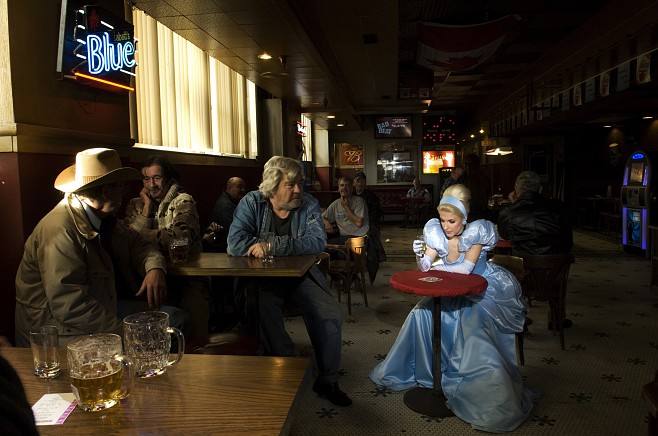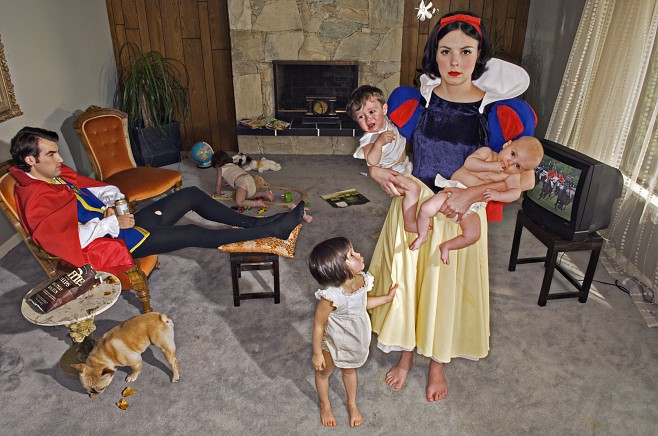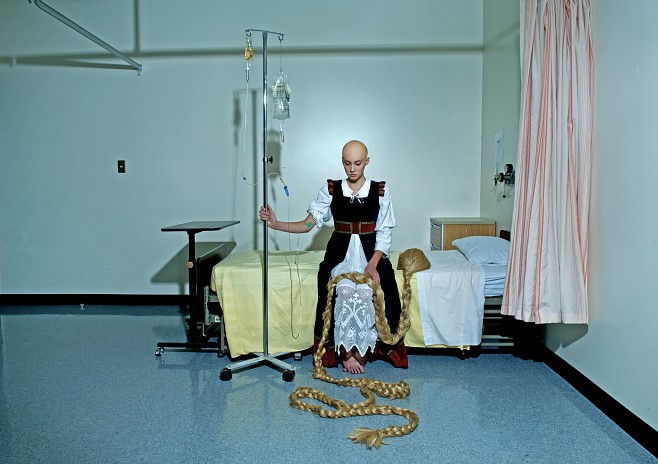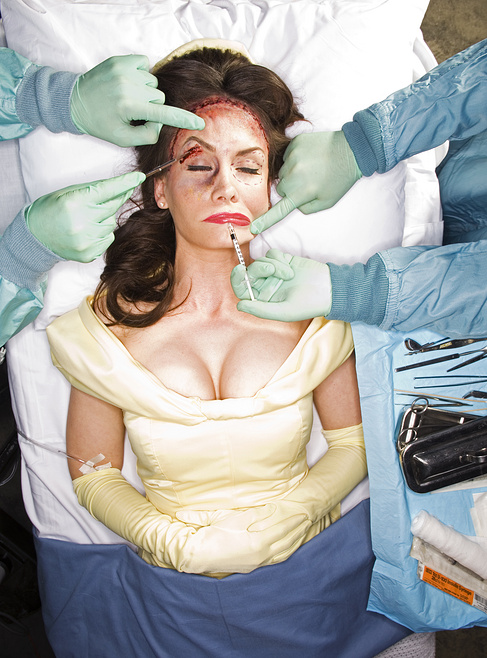Caroline P. sent in this stunning example of gendered socialization, gendered job segregation, and the social construction of skill. Notice that the two photos below show an “electronic medical set” for a doctor and a nurse, with a photo of a boy and a girl, respectively.


Okay, so the jobs are gendered. But more than that, notice that the sets contain essentially the same toys: a stethescope, pill bottle, syringe, thermometer, mirror, hot water bottle, clipboard, blood pressure thingy, and whatever that is in the bottom right corner.
So it’s more than just gendered jobs, it’s an acknowledgement that when boys and girls do the same job, it gets called something different and, more, better compensated when men do it. We see this with other, real jobs that get split into gendered categories like janitor/maid.
Lisa Wade, PhD is an Associate Professor at Tulane University. She is the author of American Hookup, a book about college sexual culture; a textbook about gender; and a forthcoming introductory text: Terrible Magnificent Sociology. You can follow her on Twitter and Instagram.






